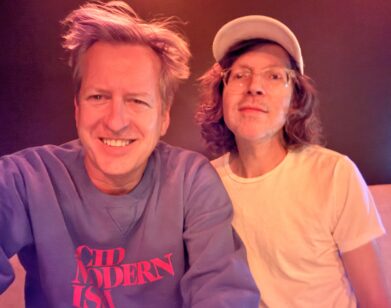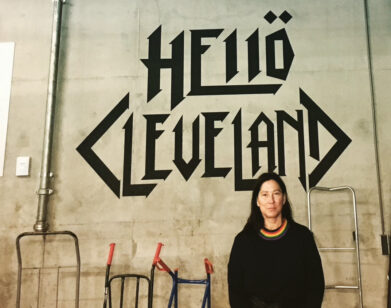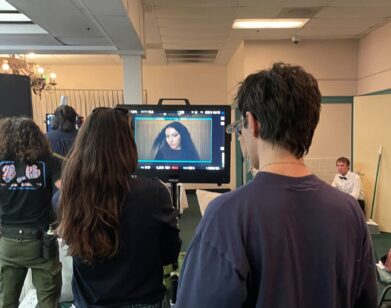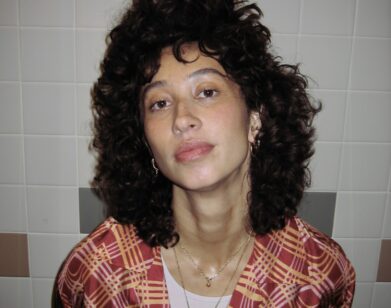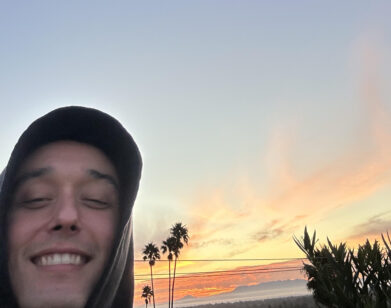New Again: Nirvana
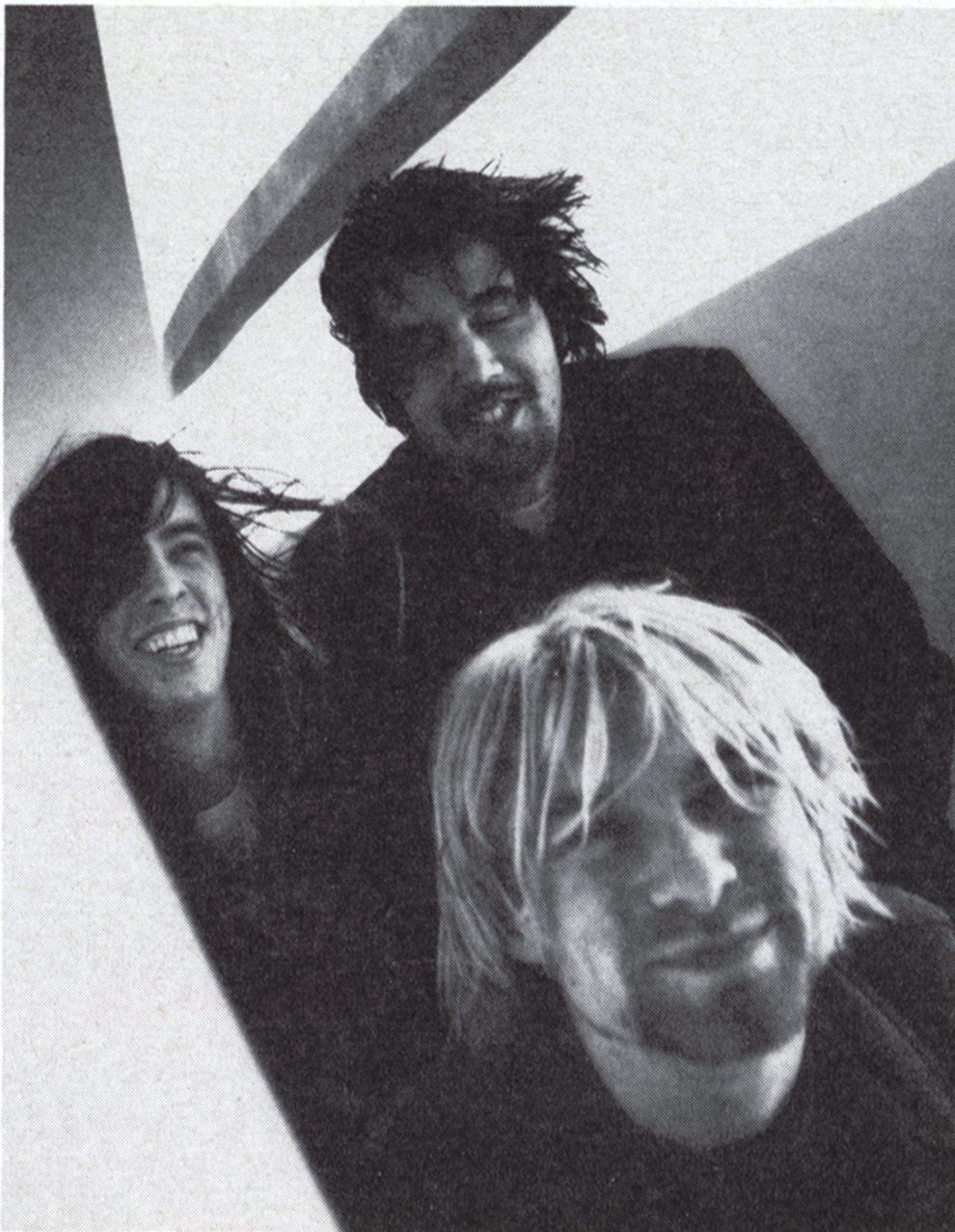
ABOVE: DAVE GROHL, CHRIS NOVOSELIC AND KURT KOBAIN.
In New Again, we highlight a piece from Interview’s past that resonates with the present.
February 8th is the Buddhist festival known as Nirvana Day, which celebrates the Buddha’s enlightenment at the age of 80. To mark the occasion we’re revisiting a completely unrelated Nirvana, the iconic ’90s band. (Kurt Cobain’s birthday’s coming up, too, on Feb. 20.) In this interview, we meet Nirvana before Nevermind. It is 1991 and the triumvirate have only released one album, Bleach. While Bleach is by no means Nirvana’s best work, there is a reason it is so often overlooked, it does contain one marvelous song—”About a Girl,” which would later become one of the highlights of Nirvana’s Unplugged in New York set. Here, Kurt Cobain discusses his early musical influences, from Chicago to the Cars, to punk bands MDC and Black Flag. Cobain calls himself “Kurdt Kobain,” a pseudonym that some speculate was employed by Cobain to distance himself from his fame, or for when Cobain was feeling particularly disconnected. —Emma Brown
KURT COBAIN
By Adam Snyder
The first wave of music from the Sub Pop label in Seattle delivered a fine collection of young men, guitars, hair, and a new standard of stop/start dirge spasmodiscs—a punk/hard-rock reconciliation of sorts. The wave has subsided, and one particularly shiny pebble called Nirvana has been scooped up by Geffen’s DGC Records. A Sub Pop insider favorite—their first and so far only album, Bleach, came out in 1989 and has become a staple. The band is composed of Kurt Cobain, guitar and vocals, Chris Novoselic, bass, and Dave Grohl, drums. At a time when so many other young song-crafters strain to dazzle us with their esoteric influences, Cobain plays the clever hooligan. His compositions come across as the next logical musical phrase on the ballad of growing up cool in America. An album is in the works from DGC.
INTERVIEW: Your music has a surprising hook for such a heavy sound.
KURT COBAIN: Well, I started out listening to pop music. I had to mainly because of where I lived. In Aberdeen, Washington, we had an AM radio station that played stuff like Tony Orlando & Dawn, and Chicago, and I had no choice but to hear that kind of crap. Then I found out about Aerosmith, through some stoners that lived in our trailer park. They’d come over to my house and steal ashtrays and eat my food.
INTERVIEW: Then you got your first guitar.
COBAIN: Yeah. A few years later, in the eighth grade. I started playing Cars songs. I took lessons for two days and learned how to play “Back in Black” by AC/DC.
INTERVIEW: And then punk rock changed your life.
COBAIN: Right. I sold my Aerosmith and Led Zepplin collection for twelve dollars. I completely threw away my hard-rock roots and was into MDC and Black Flag.
INTERVIEW: They made everything else seem uncool, right?
COBAIN: Yeah, right.
INTERVIEW: As if you never even been into that hard-rock thing in the first place.
COBAIN: Right. I didn’t get back into that stuff until much later.
INTERVIEW: So when were you reborn as an Aerosmith fan?
COBAIN: Just a few years ago. It wasn’t that painful, actually.
THIS INTERVIEW ORIGINALLY APPEARED IN THE APRIL 1991 ISSUE OF INTERVIEW.
New Again runs every Wednesday. For more, click here.


